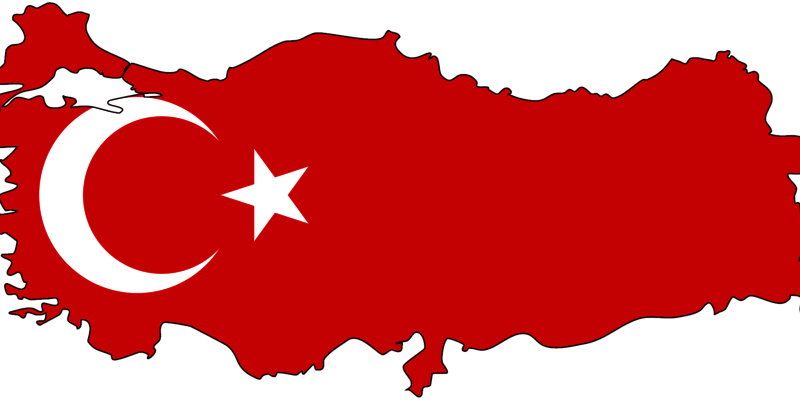
- Research , Student
- 27/07/2016
Dutch academics in Turkey or planning to go there, Turkish students or staff that wish or need to return from the Netherlands, concerns about appointments, research grants or residence permits - these are the most common issues among all the questions posed throughout Dutch institutions, according to TU/e executive board spokesman Barend Pelgrim.
The spokesman will not go into the specific questions asked by people here in Eindhoven although he does admit that advice on whether or not to travel to Turkey is a “frequent” one at TU/e; in this respect, the university follows information provided by the Ministry of Foreign Affairs. The university has also drawn up a document for staff and students to use, if necessary, to be able to show their affiliation to TU/e.
From discussions with colleagues, Pelgrim concludes that the information point at TU/e is used more than similar infodesks at other Dutch universities. He has no ready explanation for this; the percentage of Turks at TU/e is no different, as far as he is aware, than at other institutions.
Turkish researcher Yasin Toparlar, who is doing his PhD at the TU/e Built Environment department, has not been inconvenienced as yet by the situation in his homeland. “I don’t know of any problem among Turkish researchers affiliated to TU/e or other foreign institutions in terms of staying in the Netherlands or the country in which they are currently residing.” As far as part-time academics, conference attendants or researchers working for Turkish research institutes are concerned, he does not know: “The situation could well be quite different for them.”
Toparlar was himself in Turkey at the time of the attempted coup on 15 July. Five days later he was able to travel to the Netherlands without any hindrance, he says, “although passport control at the airport took a little longer than usual. But I was not asked to remain in Turkey or to return.”
Biased information
The researcher has been living in the Netherlands since 2010 (Toparlar also gained his Master’s here), and that has its benefits, he claims. International channels relate events more objectively, in his eyes, and from a wider perspective. He does not follow the Turkish media, which he believes to have a predominantly political bias. “When you face an overflow of biased information, you can lose your objectivity as well.”
In the hectic final year of his PhD, he is trying not to be too affected by news from Turkey. But that does not mean he is not duly concerned. “I am certainly concerned but not necessarily by the specific news we read. What concerns me most is the polarization and the growing fanaticism in Turkish society.”
According to Toparlar, “Turkey is well known for taking many strange political decisions, especially in recent years, and no one can provide logical explanations to any of them. Unfortunately for us Turkish citizens, irrational decisions are starting to become ‘ordinary’ and the real problem is that we are getting used to tragedies in Turkey. Yes, of course, the attempted coup is another terrible blow for people who believe in a stable and prosperous Turkey but we have had so many blows lately, we cannot feel this one as we should.”
Discussion